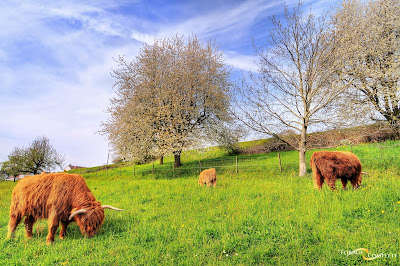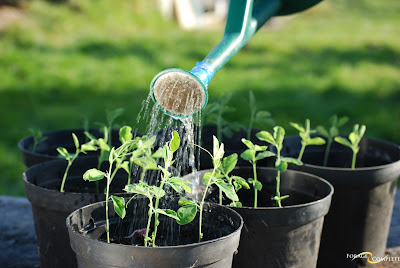The Importance of the Cover Crop Seed in Organic Farming

Organic farming is sustainable, profitable and healthy. Organic food gives consumers a nutritious and ethical alternative to the products of industrial agriculture. Organic farming involves using natural fertilizers such as cover crops (also known as “green manure”) and compost manure. Farmers also use techniques like companion planting, mixed planting, crop rotation and biological pest control to produce the best crops. Cover crop seed helps nurture soil in a variety of ways. The biggest benefits of using green manure or cover crops include: • Inhibits soil erosion by water and wind – When a piece of farmland is left bare, it is vulnerable to water and wind erosion. The roots of cover crops hold the soil in place and keep it from getting washed or blown away. They protect the rich topsoil and prevent the compaction of the soil underneath. • They add organic matter to the soil - The matter from organic crops enhances the soil in which it is planted. It provides the soil wit...

